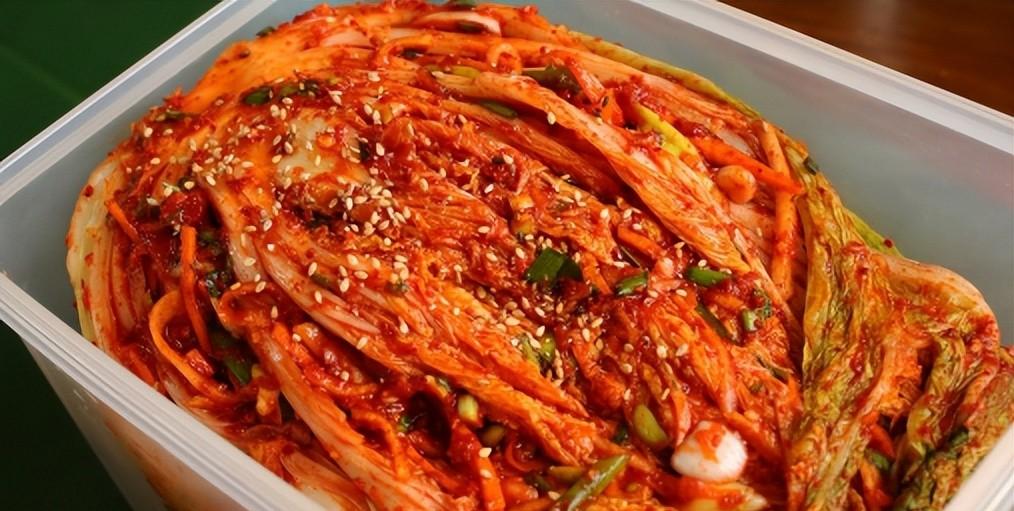Cancer is daunting, and it is impossible for a person to insulate themselves from the threat of cancer in their lifetime, which is reflected in the statistics that one in two people will develop some form of cancer in their lifetime. Although cancer is terrible, we can try to avoid cancer, which is fully reflected in our diet and daily routine.
Many local folk customs have the habit of pickling vegetables, and Korea and Japan even eat kimchi as rice, such as the famous local spicy cabbage, miso soup, and Japanese pickled side dishes, which are all dishes that every household in Korea and Japan eats every day.

In fact, kimchi is an edible product that is pickled. Different forms of kimchi all over the world are kept in acid solution (usually vinegar) or salt solution (brine) and processed.
According to research published in the journal Cancer Science, intake of pickled vegetables was found to be "directly related" to stomach cancer.
As the most pickled countries, the population of Japan and South Korea still has a high incidence of stomach cancer, although the Japanese and Korean people consume a lot of vegetables. And this may be blamed on the fact that Japanese and Koreans mainly eat processed vegetables, such as cooked, pickled vegetables, rather than fresh vegetables.
Scientists believe that salted foods increase the risk of stomach cancer because they contain a lot of salt, which is injected into vegetables during the preservation process.
A large amount of salt can damage the lining of the stomach and cause lesions, which, if left unchecked, can become stomach cancer.
Helicobacter pylori infection is also relatively common in parts of Asia, which is a precursor to stomach cancer
It is worth noting that for example, southern China also likes to eat pickled foods (such as: Sichuan Laotan kimchi, Chongqing squeezed vegetables, etc.), while European countries also like to eat kale, sour cucumber, but people in these areas do not eat pickled vegetables as rice, and the salt content of pickled vegetables in each region is different, which also determines the risk of stomach cancer.